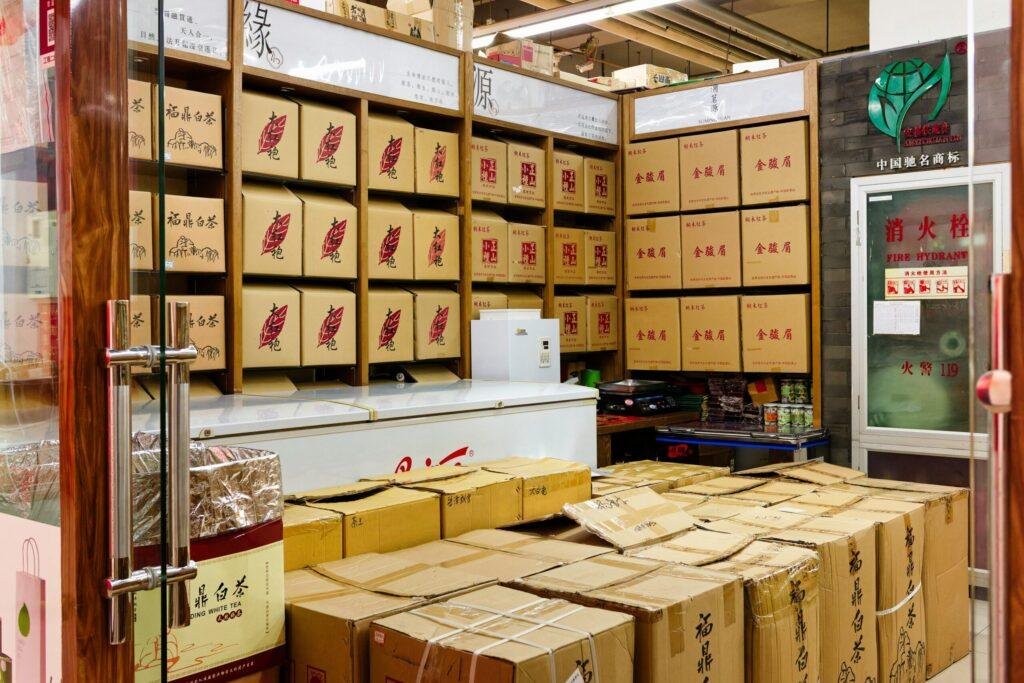The global economy is an intricate web, with international trade playing a vital role in the cost of goods and services. Recently, tariffs imposed by the U.S. on Canada, Mexico, and China have sparked discussions about their effects on various industries. While these trade policies are often debated politically, the economic impact on supply chains and pricing is a crucial concern for businesses, including medical courier services like Nabors Transport LLC.
The Rising Cost of Fuel and Electricity
Tariffs on imported goods, especially those involving crude oil, refined petroleum, and industrial materials, can lead to increased costs for fuel and electricity. Canada, for instance, is one of the largest suppliers of crude oil to the U.S. Any restrictions or additional taxes on imports from Canada can drive up fuel costs. Higher fuel prices directly impact transportation companies, increasing operational expenses for medical couriers who rely on timely and cost-efficient deliveries.
Similarly, tariffs on industrial components sourced from China and Mexico can elevate electricity costs. Many power plants depend on imported materials for maintenance and expansion. As costs rise, so does the price of electricity, placing additional financial strain on logistics operations.
The Effect on Pharmaceutical Prices
Pharmaceuticals are a crucial component of the medical courier industry. Many raw materials for drug manufacturing come from China and Mexico, and tariffs on these imports can increase production costs. When manufacturers face higher expenses, these costs are often passed down the supply chain, affecting hospitals, pharmacies, and ultimately, patients. Medical couriers responsible for delivering these pharmaceuticals may see increased insurance, handling, and transportation expenses due to heightened product values and regulations.
The Broader Economic Implications
As costs rise across fuel, electricity, and pharmaceuticals, the ripple effects extend to the entire healthcare system. Higher transportation costs mean increased delivery charges, which could impact hospitals, clinics, and laboratories that depend on fast and reliable logistics. This underscores the importance of economic stability in trade policies to ensure affordability and accessibility in healthcare logistics.
Conclusion
For companies like Nabors Transport LLC, understanding economic trends is essential for adapting to changing costs and maintaining efficiency. While tariffs serve various strategic purposes, their economic effects on medical courier services are significant. By staying informed and exploring cost-saving solutions, businesses can continue providing essential medical deliveries without disruptions.
Keeping a close eye on fuel trends, electricity prices, and pharmaceutical supply chains will help logistics companies navigate these challenges and continue delivering life-saving products safely and on time.

